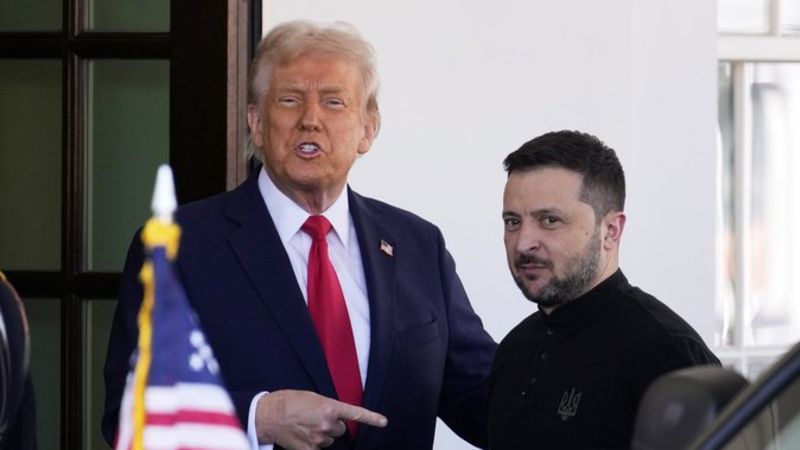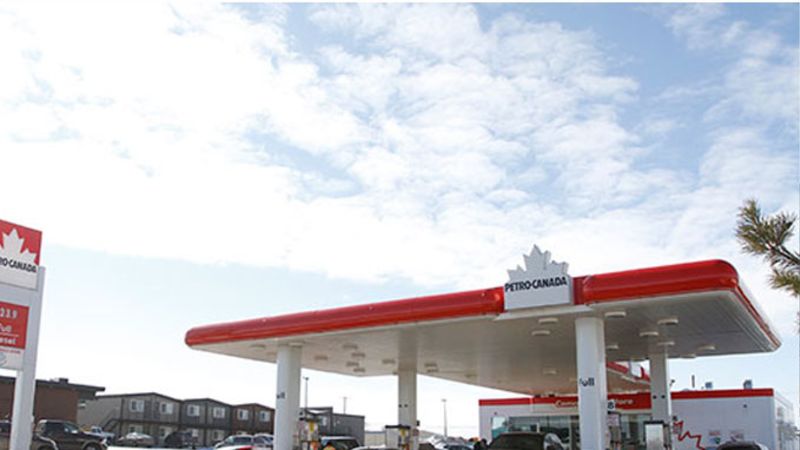
Trump’s talk of deporting 240,000 Ukrainians could put pressure on Canada, professor says
A political expert says U.S. President Donald Trump’s suggestion that he may deport Ukrainian refugees could be more of a political strategy than a firm plan—but the impact on Canada could be significant.
Trump has reportedly floated the idea of expelling about 240,000 Ukrainians who fled to the U.S. after Russia’s invasion under then-president Joe Biden. The deportations could begin as early as April.
Dr. Brian McQuinn, associate professor and co-director of the Centre for Artificial Intelligence, Data, and Conflict at the University of Regina, said Trump often makes bold statements to test public reaction before committing to a policy.
“He often sends sort of trial balloons on a regular basis,” McQuinn said. “If it’s positive for his supporters, then he moves forward. If he gets a lot of pushback, then he just pretends that he didn’t really say it.”


